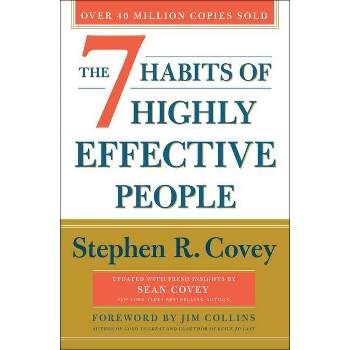About this item
Highlights
- This ground-breaking and beautifully illustrated ethnography of the Kaunga-speaking Yalaku provides the first detailed history of any of the 200 language groups in the Sepik River region of Papua New Guinea.
- Author(s): Ross Bowden
- 244 Pages
- Social Science, Anthropology
Description
About the Book
By far the most complete account of traditional warfare in the Sepik, giving astonishing details of warriors' motivations, the unfolding action of combat and the grief of communities left in their wake.
Book Synopsis
This ground-breaking and beautifully illustrated ethnography of the Kaunga-speaking Yalaku provides the first detailed history of any of the 200 language groups in the Sepik River region of Papua New Guinea. The story of this society, recorded by Ross Bowden at their request, is told by the people themselves, and contains by far the most complete account of traditional warfare in this region.
The history begins around 1800, the limit of Yalaku cultural memory. It describes the flashpoints that ignited tribal fighting (from the theft of a hunting dog to accusations of sorcery), the strategic thinking of warriors, the use of alliances, the building of structural defences, and even the actual blows of notable battles. It includes songs recounting the reversals of fortunes a warrior can experience and the laments of women over their loved ones, relaying the perspectives of both war-parties and attacked communities. This gripping narrative, performed in a men's house with both men and women present, is both a feat of memory and a communal endeavour.
Bowden's deft ethnographic analyses of the social structure and myths of the Yalaku provide the essential context to understand this society once locked into warfare with their neighbours, adversaries who knew each other's names, spoke each other's languages, intermarried, and during peacetime took part together in rituals at which their shared history was sung.
Review Quotes
Bowden's historical reconstruction of the history of Yalaku warfare from about 1800 to the ethnographic present of the 1970s is truly breathtaking for anyone who has tried to collect a sensible set of stories in a Papua New Guinea village. He connects the past to the present of his fieldwork in a novel and dynamic way. This is essential reading for anyone interested in New Guinea ethnography.
Robert L. Welsch, PhD, formerly of Dartmouth College and Franklin Pierce University
The Yalaku describes a New Guinea group that is among the least known to anthropology even though it lies in the midst of some of the best known. Bowden's meticulous talent as an ethnographer ensures that its ethnographic value will last long after the importance of others has faded.
Paul Roscoe, Emeritus Professor, University of Maine












